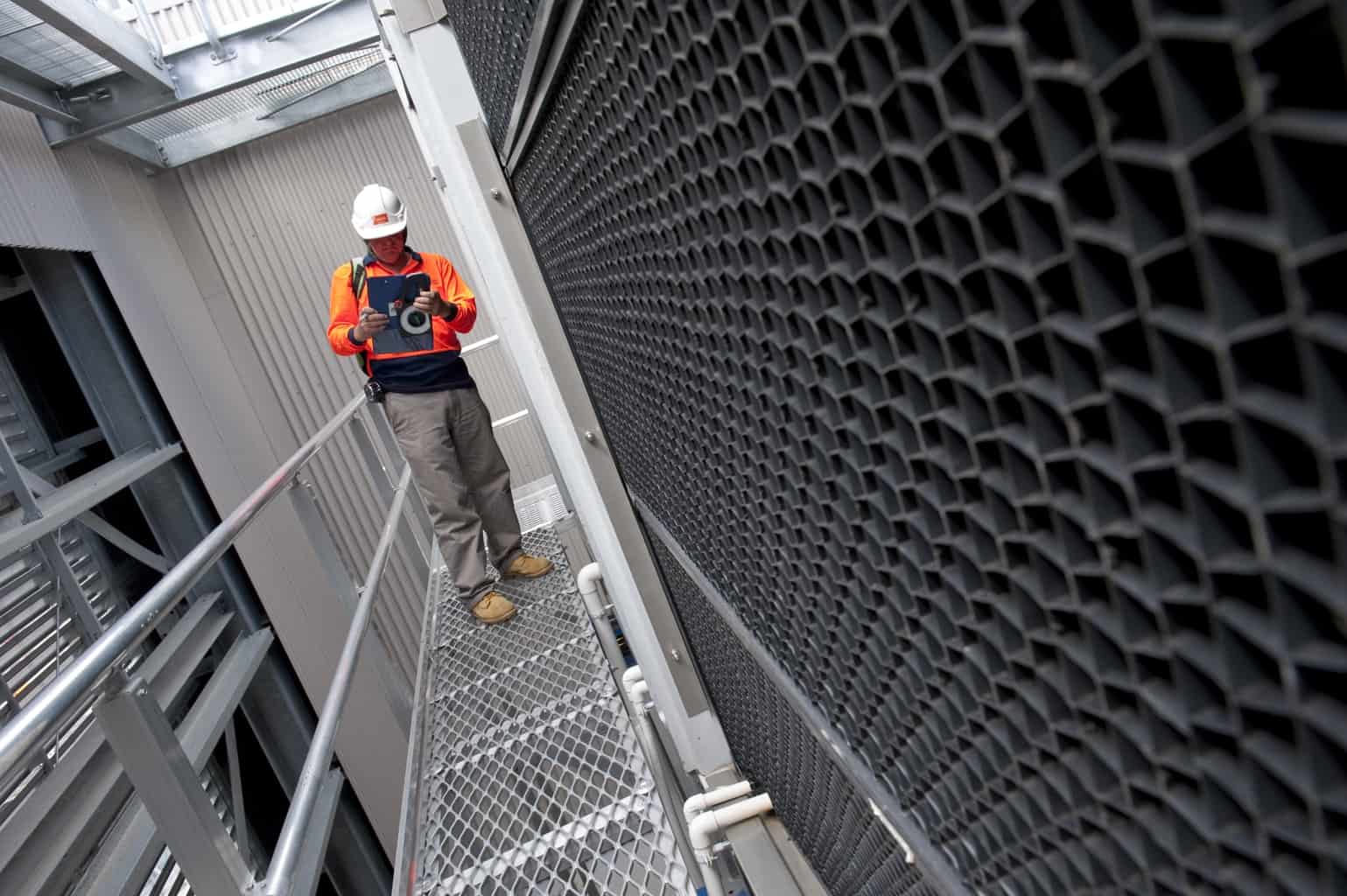On 27 October 2014 the Safety Institute of Australia, with the support of RMIT University conducted a seminar on safety in the construction industry. As with the event last year the issue of Safe Work Method Statements (SWMS) dominated the conversation. The same frustrations were expressed as last year – SWMS are too big and complex, they are demanded for tasks they are not legislatively required for, they are rarely read, they are rarely reviewed and they are written only in English. What was missing was an indication of who is (over)demanding SWMS and why.
The seminar contained one client representative experienced in major construction projects who said that he was not directly involved with SWMS as the contract demands only that work is undertaken safely with predetermined levels of risk and reward. That level of safety may or may not involve the use of SWMS – SWMS were not prescribed.
He did not review SWMS unless there was a specific reason and most of the time there was not. It could be argued that too much involvement by the client in how the project is to be completed implies a shared OHS responsibility with the client, changing the client/contractor relationship.
One construction industry representative said that they have been able to reduce the number of SWMS to around twenty types for each of the active construction projects. This has been achieved by limiting the SWMS to the 19 high risk tasks identified in safety legislation. It was significant that this perspective came from the top-level of construction companies, the Tier Ones.

 It is very common to hear people say that the core motivation for introducing or improving workplace safety management is to cover one’s arse (to protect oneself from various legislative and reputational exposures), be that the collective arse of management, the board and executives or the arse of the individual worker. This is a fundamental misunderstanding of the intention occupational health and safety (OHS) laws and principles yet the fear of reputational damage is a strong motivator of change with which safety professionals should learn to work and, perhaps, exploit, particularly as the traditional methods for corporate embarrassment, the media, are declining.
It is very common to hear people say that the core motivation for introducing or improving workplace safety management is to cover one’s arse (to protect oneself from various legislative and reputational exposures), be that the collective arse of management, the board and executives or the arse of the individual worker. This is a fundamental misunderstanding of the intention occupational health and safety (OHS) laws and principles yet the fear of reputational damage is a strong motivator of change with which safety professionals should learn to work and, perhaps, exploit, particularly as the traditional methods for corporate embarrassment, the media, are declining. The revised
The revised